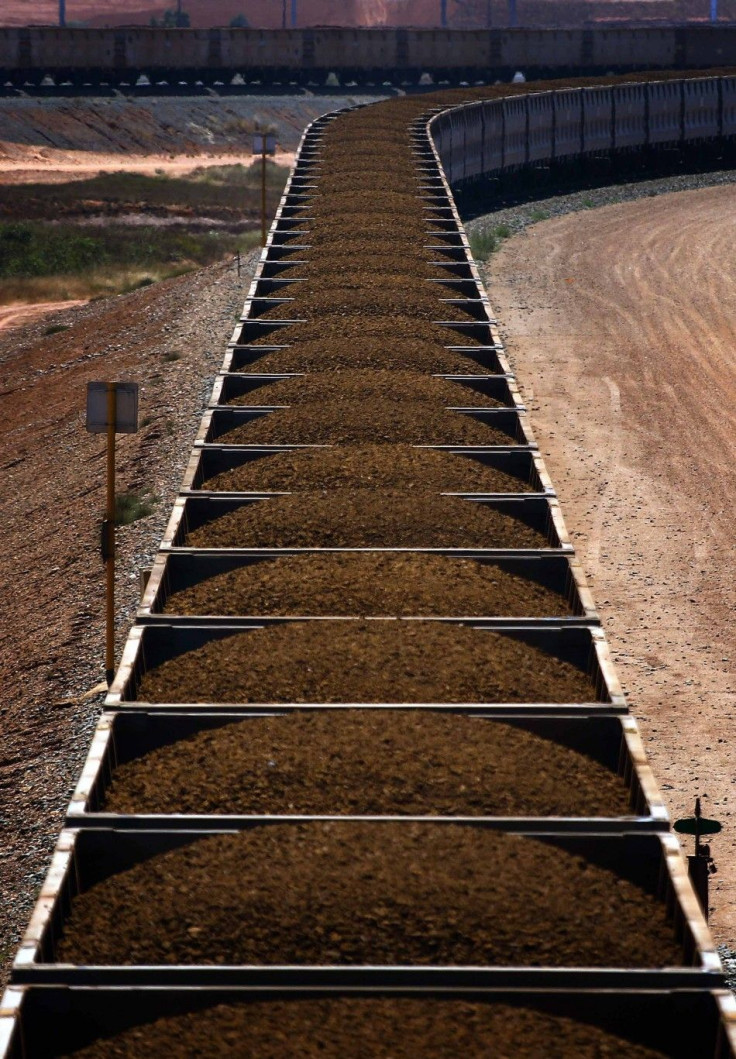Despite Falling Iron Ore Prices, Rio Tinto Pushes Through With $20B Simandou Iron Ore Project in Guinea

Iron ore prices are again going down. On Friday night, spot price for the key steelmaking ingredient closed at $100.70 per tonne after a substantial decline in Chinese steel rebar futures which hit a record low.
On Monday, it further slipped to $98.50 per tonne, its lowest point since September 2012, representing a 6.6 per cent decline in May and 26.6 per cent since January.
This resulted in a 4.6 per cent drop in shareprices of Fortescue Metal Group (ASX: FMG) to $4.37, 3 per cent for Rio Tinto (ASX: RIO) to $60.10 and BHP Billiton (ASX: BHP) 1.7 per cent to $37.43 on Monday trading.
In spite of these developments, giant miner Rio Tinto will soon ink a deal with the government of Guinea in west Africa, Chinese firm Chalco and the International Finance Corp of the World Bank to push through with the $20-billion development of the Simandou iron ore project in Guinea.
Under the agreement, the Guinea government and the companies involved will have a revenue sharing but would still pay taxes to the government at about $1.2 billion annually, said Rio Tinto Chief Executive Sam Walsh.
Walsh added that the deal isn't just a partnership between a government and a mining company but also between a customer and a development financier.
Simandou is known for its large deposit of high-grade iron ore, but it is located 650 kilometres from the nearest Guinean port. The deal includes the construction of a railway to transport the iron ore, port development, establishment of fibre optic and wireless communications and construction and upgrade of over 1,000 kilometres of road.
Rio filed a lawsuit in April before a U.S. district court against the VBG consortium, made up of Brazilian miner Vale and Israeli firm BSG Resources, over rights to develop the iron ore deposit. Rio claims it lost half of its mining concession in the area in 2008 because Vale, in a conspiracy with billionaire Beny Steinmetz and his firm BSG Resources, bribed Guinea officials to steal Rio's mining rights. VBG has denied Rio's charges.
Walsh said the agreement will be inked in the later part of May. The deal would create the largest infrastructure venture in Africa and help the poor nation still recovering from years of military rule and poor economic management.





















